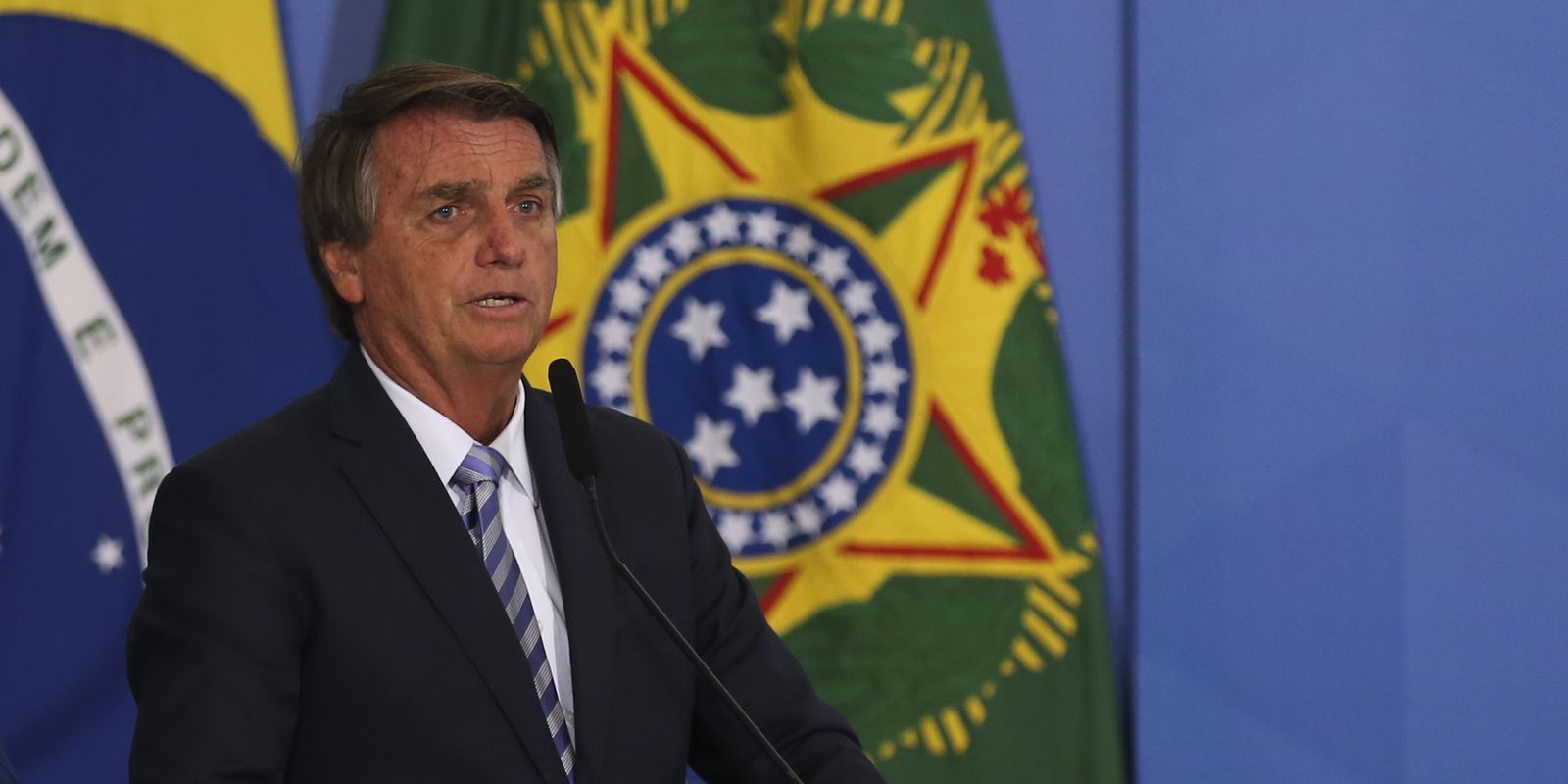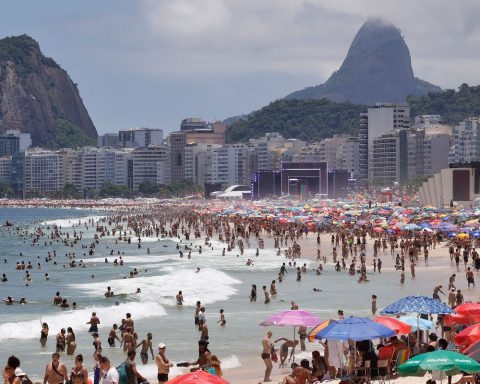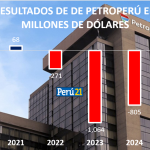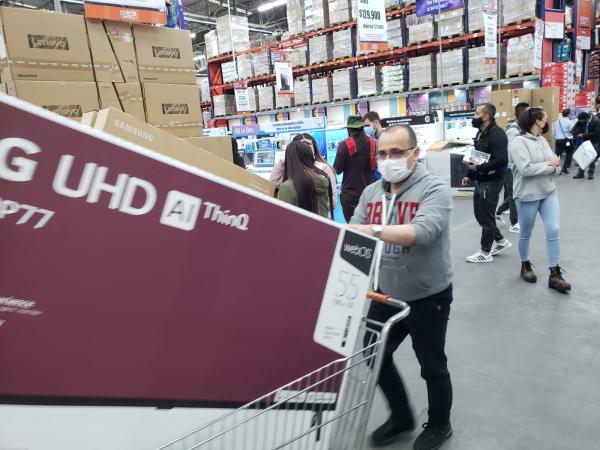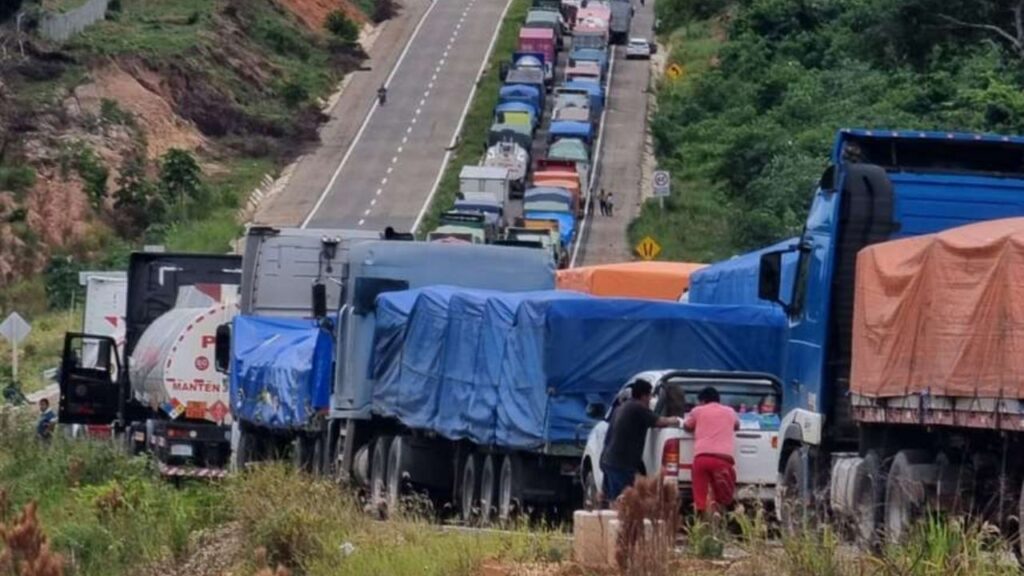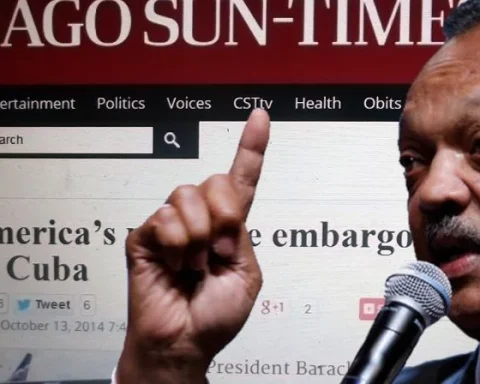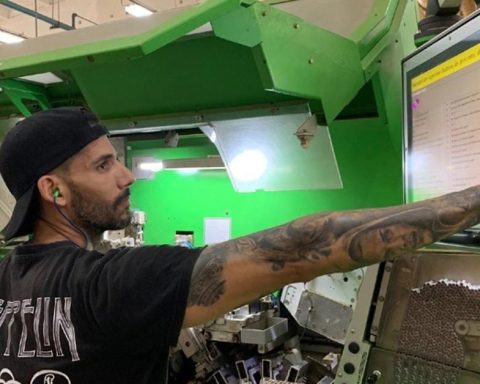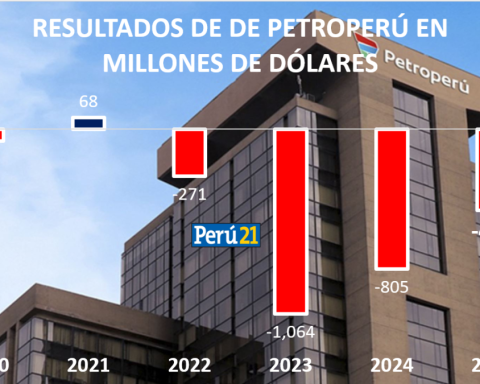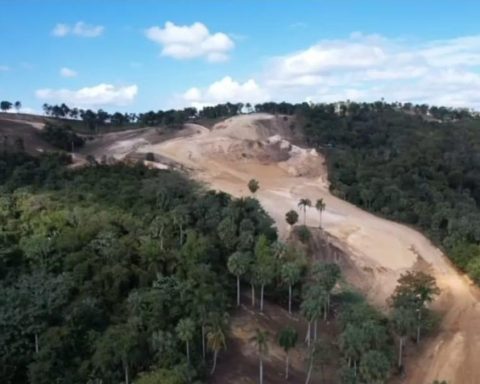President Jair Bolsonaro said that he will sanction the bill (PL) that provides for a one-time collection of the Tax on the Circulation of Goods and Services (ICMS) on fuels, including imported fuels. The text, approved at dawn this Friday, in the Chamber of Deputies, and a little earlier in the Senate, provides for the charge to be made based on a fixed rate per volume sold and unique throughout the country.
“I want to congratulate the Senate and the Chamber of Deputies for the approval that, in practice, aims to smooth the increase in diesel oil yesterday [10]” said Bolsonaro, during the launch of the National Fertilizer Plan (PNF), referring to the increase in fuel prices announced by Petrobras.
Bolsonaro cited diesel oil, which had the highest percentage increase, and said that, after the bill is passed, the price of the product should fall at gas station pumps. “At the end of the day, the government pays approximately BRL 0.30; the governors, with BRL 0.30, and the taxpayer, with the other BRL 0.30. Soon, I will have sanctioned the project, and the readjustment announced by Petrobras yesterday goes from BRL 0.90 to BRL 0.30 at the pump. I only regret that Petrobras did not wait an extra day to carry out this readjustment”, said the president.
During the ceremony, Bolsonaro once again defended a project initiated by the federal government that authorizes the exploration of ore in indigenous lands. The proposal, which was defended a little earlier by the Minister of Mines and Energy, Bento Albuquerque, had a request for urgent consideration approved on Wednesday (9) in the Chamber. “We approved the urgency of this project, and I believe that, in a few weeks, it will be voted on and approved in the Chamber and will go to the Federal Senate. The climate is increasingly favorable, because this project also aims to serve us in other areas such as the generation of hydropower”, said the president.
fertilizers
The National Fertilizer Plan provides indicators for the sector’s planning until 2050. In addition, it institutes the National Council for Fertilizers and Plant Nutrition, a consultative and deliberative body that will coordinate and monitor the implementation of the plan.
During the ceremony, the minister of Agriculture, Tereza Cristina, said that the proposal aims to develop actions for the country to reduce external dependence on the purchase of the product. Inputs, especially nitrogen, phosphorus and potassium, are widely used by the agricultural sector and considered essential to supply one or more nutrients to crops.
Brazil consumes 8% of all world fertilizer production, estimated at 55 million tons. According to the minister, despite this, Brazil imports 85% of the input used by agribusiness, mainly from Russia. The plan’s expectation is to reduce such dependence to 45%.
“We are not seeking self-sufficiency, but the ability to overcome challenges and maintain our greatest wealth, which is Brazilian agribusiness,” said Tereza Cristina. “We understand that the world will maintain its trade flows and that commodities will continue to circulate in a free market environment. However, we need to guarantee supply for our most important economic activity,” said the minister.
Due to the conflict with Ukraine, Russia received a series of sanctions from the United States and European Union member countries, some involving the sale of fertilizers.
During the ceremony, the minister informed that she will defend, at the Food and Agriculture Organization of the United Nations (FAO), the suspension of punishments, on the grounds that, like food, fertilizers cannot be subject to sanctions. .
